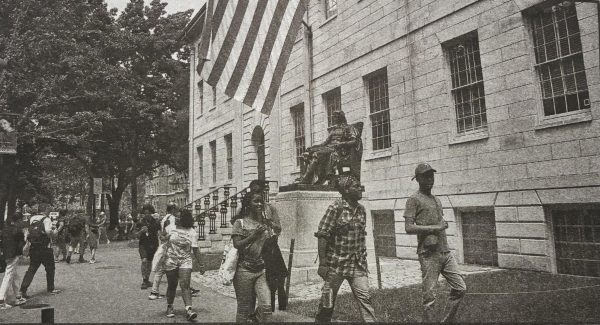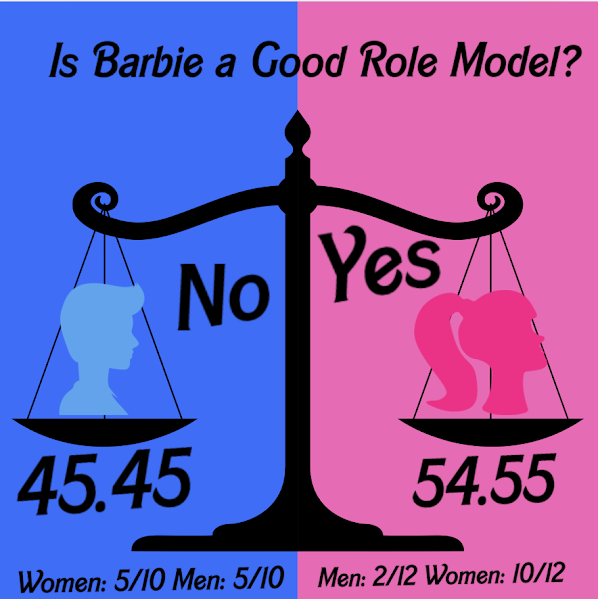Editors’ Debate: Amazon: Labor Nightmare or Consumer Paradise? – Con
With the ease and luxury that comes with Amazon and a Prime membership, our reliance on the online shopping conglomerate raises exponentially. While shopping on their sofas, many consumers fail to consider the detrimental side effects of this consumer paradise.
Many shoppers follow these convenient methods with no mind toward the environmental and human costs of that “two-day shipping.”
As reported in The Guardian, Assistant Professor, Department of Civil and Environmental Engineering of the University of California, Davis, Michael Jaller, said:
“Deliveries are now expected to go into neighborhoods that were never designed for freight traffic — creating congestion, noise problems, and infrastructure damage in addition to emissions.”
These short-notice-by-design deliveries demand multiple trucks to be sent out for a single order, and are therefore not packed to their capacity and demand more frequent trips. The emissions released from these trips are accentuated by the free return option of Amazon Prime, which send even more empty shipping trucks to retrieve the unwanted packages.
No one needs the amount of money that the founder and CEO, Jeff Bezos—the richest man in the country—currently possesses. With a net worth of approximately 140 billion, there is no way, even with constant expenditure, he can ever begin to make a dent in that amount. Take into account that the median salary employees at roughly $13.68 an hour for his full-time employees, according to a 2017 corporate filing with the Securities and Exchange Commission.
Amazon’s wages juxtaposed to the poor working conditions atrocious. One factory in Europe found the workers frequently urinating in water bottles to avoid retributions for taking breaks from work, an undercover reporter, James Bloodworth, discovered and reported on for his book, Hired: Six Months Undercover in Low Wage Britain.
As reported in, “Underpaid and Exhausted: The Human Cost of Your Kindle” by The Guardian, in June 2018,
“ambulances had been called 600 times to Amazon’s UK warehouses over the past three years.”
Though some small businesses sell on Amazon, other platforms, such as Etsy, are much more user friendly. Most of the “Amazon Choice” products come directly from Amazon’s facilities and other large enterprises distributing through Amazon. With the ease of Amazon shopping, consumers overlook the small business.
Cutting back on Amazon Prime shipping and opting for the slightly longer shipping option at checkout can be a simple, more eco-friendly option, allowing much fewer back and forth trips of high emission producing freight and delivery vehicles.
Asking the entire country, or even the entire county, to cut Amazon from their lives in unrealistic, but if we ease back on stimulating demand for their products and speedy shipping service, or even call for intervention within the unethical practices, the future of our environment and Amazon’s workers have a little bit of hope.










